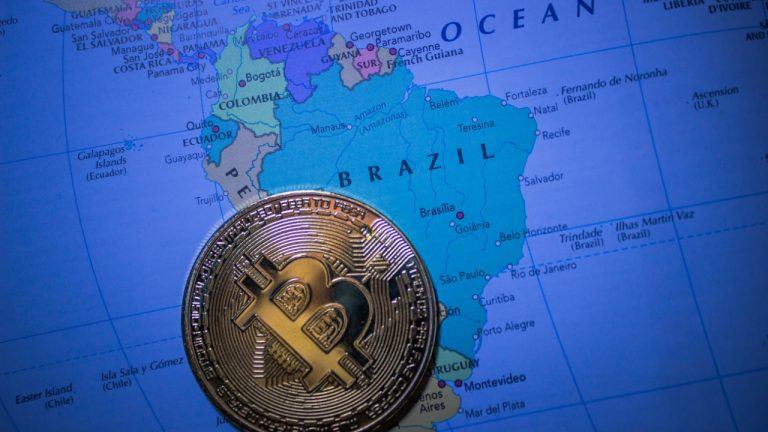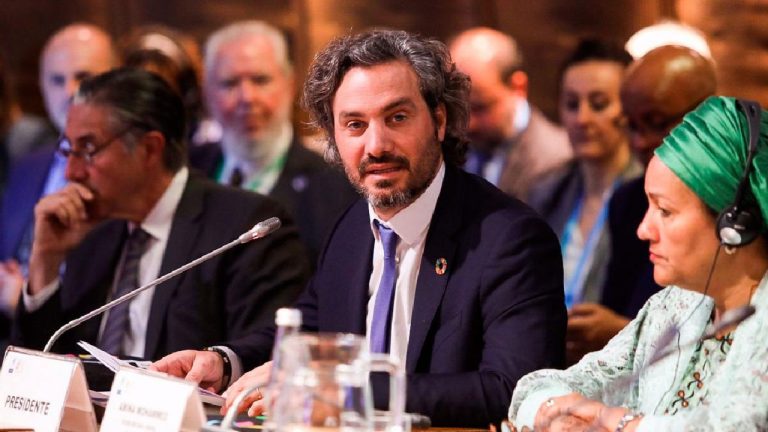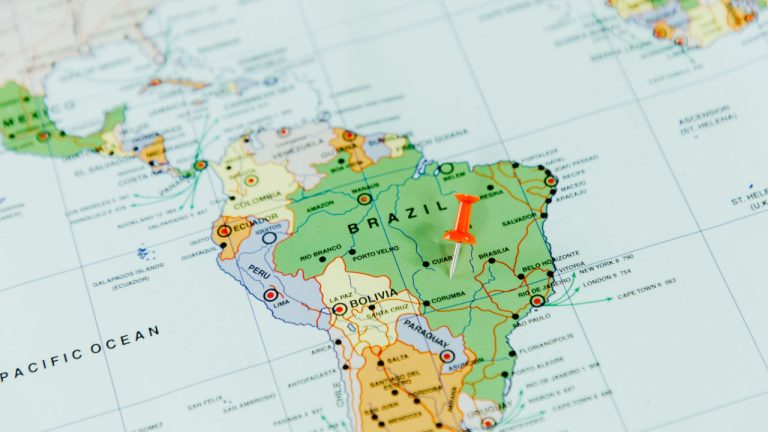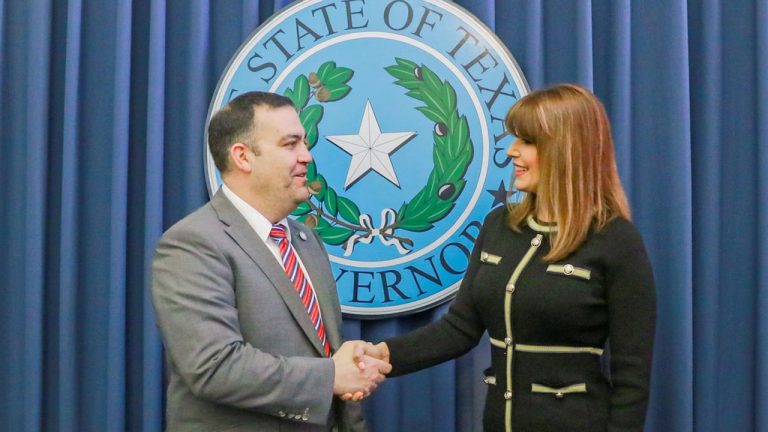
The ban is intended to reduce Argentina's payment system exposure to digital assets, said the monetary authority.
On May 4, Argentina's central bank has banned payment providers from offering crypto transactions, alleging it intends to reduce the country's payment system exposure to digital assets.
According to a statement from the monetary authority, payment providers may not offer or facilitate crypto services through their applications. The move brings payment fintechs and financial institutions under the same rules in the country.
"Payment service providers that offer payment accounts [...] May not carry out or facilitate operations with digital assets, including crypto assets, that are not regulated by the competent national authority and authorized by the Central Bank of the Argentine Republic," said the authority. Cryptocurrencies are not regulated in Argentina, which means all coins and tokens are subject to the decision.
It's unclear how the measure will affect the local crypto industry. Local media reported that payment providers refused to comment on the decision. Argentina's fintech chamber urged the government to reconsider the decision, claiming that "it limits access to a technology that offers multiple benefits and opportunities for our society."
Invitamos al BCRA a revisar esta medida y a trabajar en conjunto con la Cámara Argentina Fintech y otros actores relevantes del sistema para establecer un marco que permita el desarrollo responsable y sostenible de la industria cripto en Argentina.
— Cámara Argentina Fintech (@CamaraFintechAr) May 5, 2023
Hyperinflation is driving crypto adoption in Argentina. In April, the price of Bitcoin (BTC) reached a record high in the Argentine peso (ARS), with the BTC exchange rate crossing over 6.59 million ARS — up more than 100% year-to-date (YTD).
In March, inflation in the country soared by 104.3% on an annual basis, following a 102.5% jump in the previous month, data from the national statistics office show.
Bitcoin’s popularity in the country also coincides with the ongoing devaluation of the Argentine peso, Cointelegraph reported. The currency has fallen almost 50% against the United States dollar in the past year.

Amid the ongoing economic crisis, even some Argentinian cities are seeking a safe haven in cryptocurrencies. Last December, the Argentine province of San Luis allowed the issuance of its own stablecoin pegged to the U.S dollar, available to all residents and 100% collateralized with liquid financial assets.
Chainalysis found that over 30% of consumers in Argentina use stablecoins for everyday purchases, most likely for small retail transactions under $1,000.












